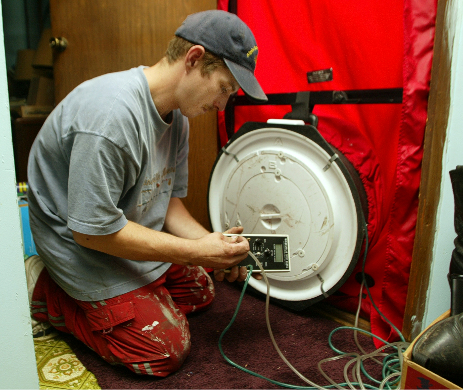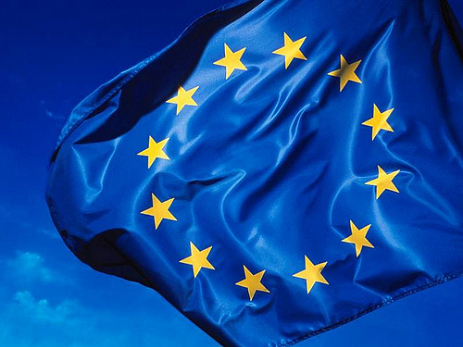Now the world really is coming to the crunch point. As governments across the globe travelled the long, winding and rocky road to Copenhagen over the last few years, there have been many times when the next stage, usually steep uphill, seemed absolutely crucial. But none has come close to the importance of the stretch that begins this week.
On Thursday and Friday European heads of government, meeting in Brussels, will struggle to come up with proposals on how to finance measures in poor countries to cut emissions and adapt to the devastating effects of climate change — the most critical of all the outstanding issues in the official negotiations on the new agreement that is supposed to be struck in the Danish capital.
Then on Monday, the negotiators will assemble yet again — this time in the modernistic Fira Gran Via Convention Center in Barcelona — for their eighth, and final, week of bargaining on the details of an agreement before the Copenhagen conference opens in less than 40 days time. And, as it ends, the finance ministers of the G20 countries will begin two days of meetings in the medieval surroundings of St. Andrews, the Scottish university town that is the home of golf.
The results of these intensive ten days of meetings will largely determine whether the Copenhagen meeting succeeds or fails, whether the delegates turn up in December still deadlocked or ready to shift on long-entrenched positions, making a deal possible.
The European Summit will do much to set the tone. For years Europe has been setting the pace in progress towards a new agreement, and success will largely depend on the leadership of European governments at Copenhagen. Europe has indeed hammered out a relatively strong negotiating position in every area but one, the all-important matter of climate funds for the developing world.
Last week Europe toughened much of its stance further. Environment minsters agreed to slash the EU’s long-term emission reduction targets from 80 percent to 95 percent by 2050, if a deal is reached at Copenhagen, while retaining its relatively ambitious mid-term goal of a 20 percent cut by 2020, rising to 30 percent if other countries promise similar measures (both cuts use 1990 emissions levels as a baseline).
And they also resolved that aviation should cut its emissions by 10 percent, and shipping by 20 percent, by 2020, using 2005 levels as the baseline (both sectors have been exempted from the Kyoto Protocol). And the European ministers said they had decided on vigorous measures to tackle deforestation.
“This should be seen as a clear message to the world,” said the meeting’s chair, Andreas Walgreen’s, environment minister of Sweden, which at present holds the EU’s revolving presidency. His German counterpart, Sig mar Gabriel, added: “We have a complete negotiating mandate for Copenhagen, except for the finance.”
But there’s the rub. The very day before the environment ministers met, the finance ministers of the same governments refused yet again to put a figure on the table, in defiance of proposals by the European Commission itself, and despite an original promise to do so by early this year. Without the EU taking the lead, there will almost certainly be no agreement on funding in Copenhagen. And, unless there is -– developing countries have made clear -– there is little chance of making any worthwhile deal there at all.
Sweden’s finance minister, Anders Borg, called the failure “a disappointing outcome.” And Britain’s Alistair Darling, who missed his flight as he tried to broker a compromise, added: “We had a good opportunity. Unfortunately, a number of countries wanted things that the majority found unacceptable.”
In fact, there is a three-way split in Europe. One group of nations –- including Britain, Denmark, Sweden and the Netherlands — wants the EU to name a sum as soon as possible, to get things moving and encourage other countries to act. Germany and Italy oppose this, believing that announcing a early decision could weaken the continent’s bargaining position.
Even more seriously, most of the EU’s newer, and poorer members -– mainly from Eastern Europe and led by Poland -– object to providing funds to help developing countries that may be growing faster than their economies. Specifically, this bloc of EU states wants to start by making only voluntary payments for the first few years, and to share less of the burden afterwards.
Gordon Brown, who originally floated the idea of a $100 billion-a-year adaptation fund in a speech in June, will be pressing for an agreement in Brussels this week. If he succeeds, he will take it on to the G20 gathering at St. Andrews, which he will chair. This won’t be easy, as some developing countries have blocked previous attempts to discuss this issue other than in the formal UN negotiations.
So the stakes are high, the time is short, and the issue is crucial to success. See what I mean about a crunch point?




